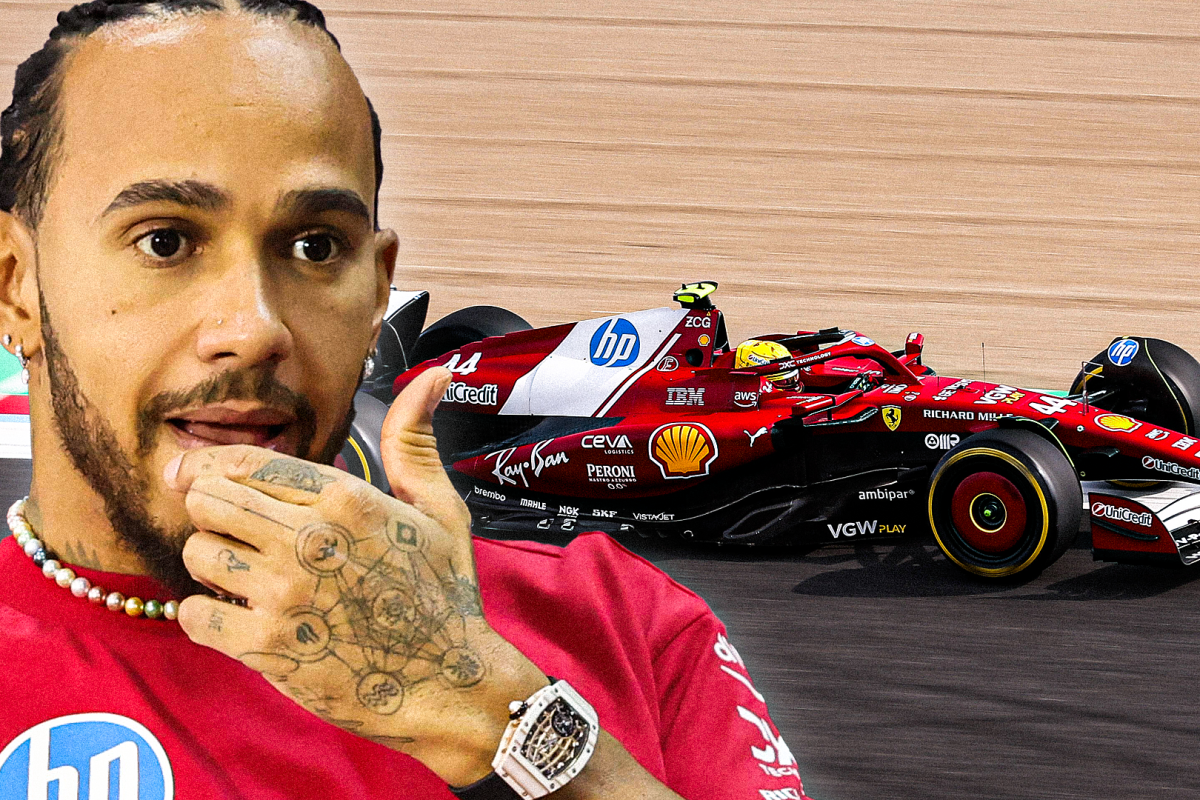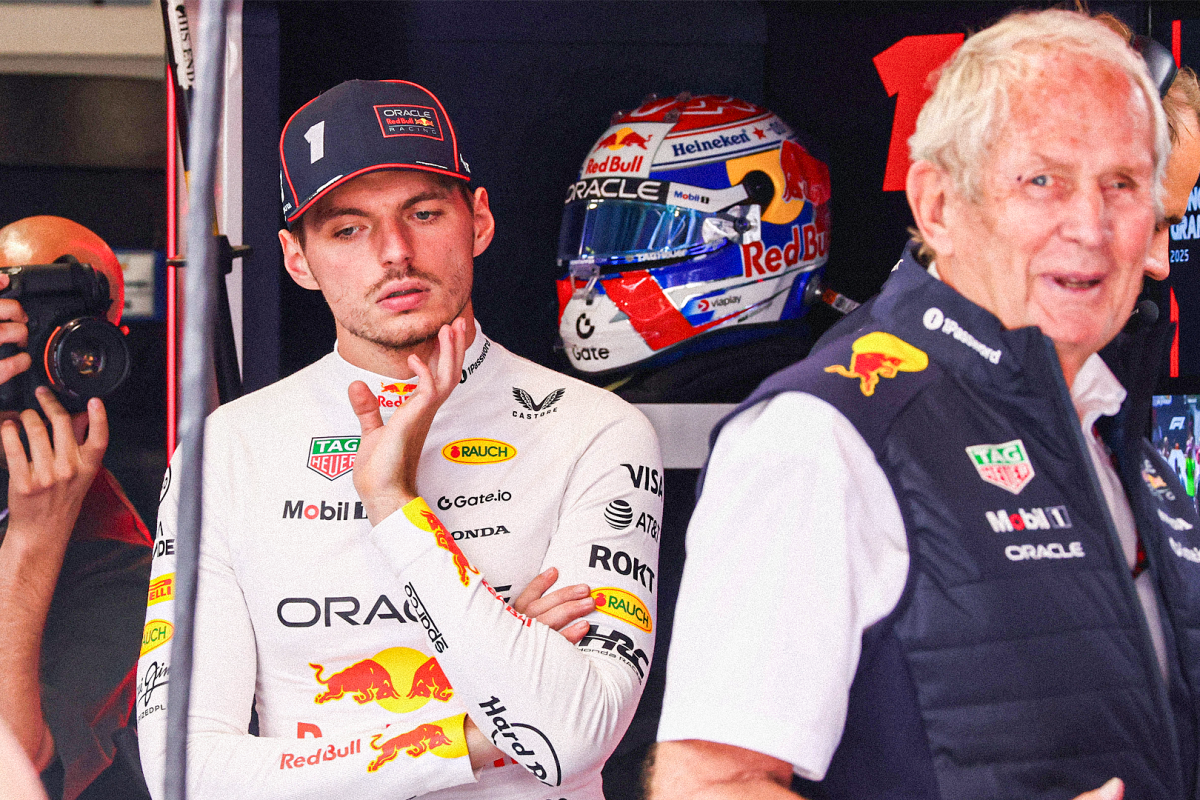Lewis Hamilton Expresses Concerns Over 2026 F1 Changes and R…read more
Lewis Hamilton has voiced growing concerns regarding the direction Formula 1 is heading as the sport prepares for a major overhaul in 2026. The Ferrari star, now in his 40s, is particularly worried about the shift in car design and power units that will further emphasize sustainability but at the cost of the visceral thrill that once defined F1 racing.
The upcoming regulation changes for the 2026 season are focused on creating a more environmentally friendly sport. These changes include increased reliance on electrical power and efforts to make the cars lighter. While these steps aim to reduce carbon emissions and promote sustainability, Hamilton believes that something vital may be lost in the transition—namely, the sound and feel of traditional F1 racing.
In an interview with Sky Sports F1, Hamilton expressed his dissatisfaction with the current trajectory of Formula 1. “I don’t think it’s going in the right direction personally,” he admitted. “But maybe I’ll be surprised next year, maybe we’ll arrive and the cars are really nice.” His comments reflect a mix of skepticism and cautious hope, underscoring his long-standing passion for the sport and its legacy.
Hamilton, a seven-time world champion, has never hidden his love for the raw, emotional experience of older F1 eras. He lamented the loss of the thunderous engine sounds that were once a staple of the sport. “I miss the sound,” he said. “When you hear a V12 Ferrari it’s like ‘argh’, it’s the passion.” Hamilton went on to reminisce about Michael Schumacher’s Ferrari days, evoking images of roaring engines and edge-of-your-seat racing that defined the early 2000s.
Reflecting on the shift from the V10 and V8 engines to the quieter V6 turbo-hybrids introduced in 2014, Hamilton acknowledged the importance of sustainability. “It’s a good direction to go in for the world in terms of sustainability,” he noted. “But you can’t get away from the fact that the sound is not the same as when you watch Michael Schumacher’s car from 2003 come past.” His comments strike a balance between environmental consciousness and a longing for the emotionally charged spectacle of traditional F1.
In addition to the sound, Hamilton also criticized the increasing weight of modern F1 cars. He noted that today’s cars are the heaviest he has ever raced, which impacts their agility and overall performance. “We’re going slower, the cars are getting heavier,” he said. “Next year the cars are getting lighter, but this generation of cars are the heaviest I’ve ever raced in.” This concern echoes the sentiments of several drivers and fans who feel that the sport is becoming too technologically sanitized.
Despite his reservations about the sport’s future, Hamilton remains focused on his immediate goal: winning an eighth world title, this time with Ferrari. After a challenging start to his Ferrari tenure, there are signs of progress. Hamilton secured a fourth-place finish at the 2025 Emilia Romagna Grand Prix in Imola and has been building stronger relationships within the Ferrari team. These developments offer hope that Hamilton and Ferrari can forge a successful partnership, despite the uncertainties ahead.
While surpassing Michael Schumacher’s record of five titles with Ferrari may be unrealistic given Hamilton’s age and the team’s current form, he remains Ferrari’s biggest signing in decades. His presence alone brings renewed optimism to a team that has not won a championship since 2008. As the sport braces for the 2026 shakeup, Hamilton will hope that Ferrari can take advantage of the changes to gain a competitive edge.
Hamilton is not alone in his concerns. Red Bull team principal Christian Horner has also criticized the direction of the sport, even proposing a return to V10 engines powered by sustainable fuels by 2030. Although that idea was dismissed for now, the conversation around engine sound and fan experience continues to grow louder.
Ultimately, Hamilton’s fears reflect a broader debate within Formula 1: how to balance sustainability and innovation with the tradition and emotion that made the sport great. As the 2026 season approaches, fans and drivers alike will watch closely to see whether the changes will redefine F1 for the better—or dilute its soul.




